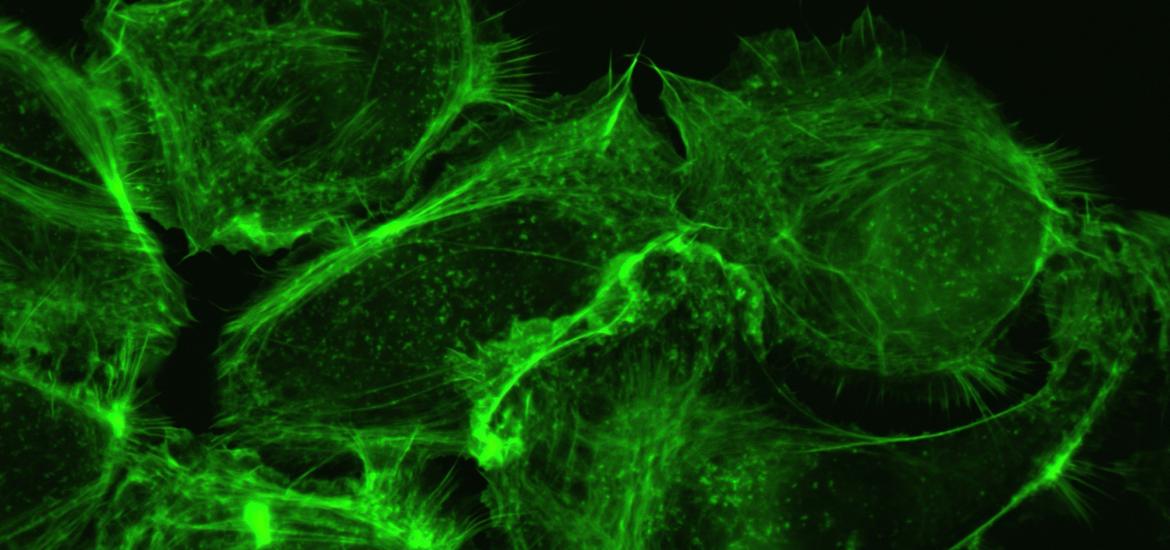
Two Keytruda setbacks in early cancer settings

Merck & Co has made much of its push with Keytruda into early cancer settings, but two niche indications today drew a blank. The phase 3 Keynote-867 and 630 studies have both been discontinued on the basis of independent data-monitoring recommendations at interim analysis, Merck said. Keynote-867 added Keytruda to stereotactic body radiotherapy in stage I or II NSCLC patients who, despite having cancer that would typically be resected, are medically inoperable or have refused surgery; it met futility criteria for event-free and overall survival versus stereotactic body radiotherapy alone. Keynote-630 tested adjuvant Keytruda in cutaneous squamous cell carcinoma patients who had been resected and given radiation, and showed futility for recurrence-free survival versus placebo. In its second-quarter presentation Merck boasted of Keytruda’s availability in nine pre-metastatic settings, of which four have demonstrated a statistically significant OS benefit, including adjuvant stage IB-IIIA NSCLC, renal cell carcinoma, cervical cancer and triple-negative breast cancer. In cutaneous squamous cell carcinoma Keynote-629 backs approvals for locally advanced as well as metastatic disease ineligible for surgery or radiation. Failed adjuvant/neoadjuvant studies include Keyvibe-010 in melanoma, Keynote-B21 in endometrial and Keynote-585 in gastric cancer.
Failed Keytruda trials in early cancer settings
| Study | Setting | Therapy | Outcome |
|---|---|---|---|
| Keynote-585 | (Neo)adjuvant gastric/GEJ adenocarcinoma | Chemo combo, then monotherapy | Jun 2023: failed for EFS (but +ve for pCR) at interim |
| Keynote-B21 | Endometrial | Chemoradiotherapy combo | May 2024: failed for DFS at interim |
| Keyvibe-010 | Adjuvant melanoma | Vibostolimab combo | May 2024: failed for RFS at interim |
| Keynote-867 | Inoperable stage I-II NSCLC | Stereotactic body radiotherapy combo | Aug 2024: failed for EFS & OS at interim |
| Keynote-630 | Adjuvant cutaneous squamous cell carcinoma | Monotherapy | Aug 2024: failed for RFS at interim |
Source: OncologyPipeline.
1720













